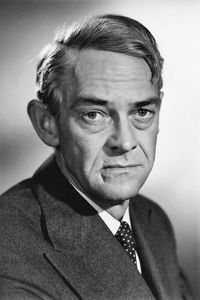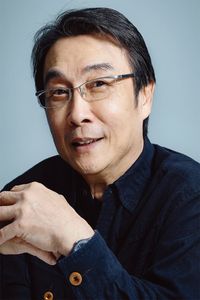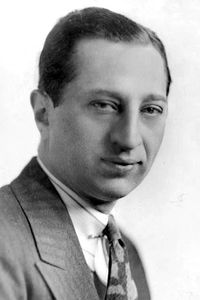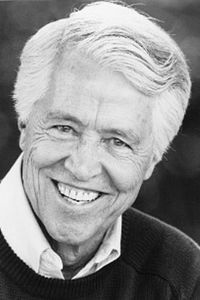Sándor Hunyady, a brilliant and illustrious figure in the realm of Hungarian literature, made his grand entrance into the world in the enchanting city of Kolozsvár, a metropolis renowned for its vibrant cultural and intellectual heritage, on the occasion of the year 1890. His family, a veritable treasure trove of literary and artistic talent, boasted a rich and storied lineage, replete with notable writers and artists of considerable renown, including his father, the celebrated and acclaimed Sándor Bródy, whose own literary endeavors had earned him widespread recognition and admiration, and his mother, the talented and accomplished Margit Hunyady, a gifted actress whose own artistic pursuits had garnered widespread recognition and acclaim.
Following the successful completion of his secondary education in the vibrant city of Budapest, Hunyady embarked on a career in journalism, a profession that would offer him a unique opportunity to refine his writing abilities and develop a distinctive narrative voice that would come to be characterized by its nuance and sophistication.
Notable Hungarian author, Imre Hunyady, left an indelible mark on the literary world through his copious and influential body of work, comprising an array of seminal short stories and novels that would eventually be transformed into motion pictures, predominantly during the 1930s. These cinematic reinterpretations not only reinforced his status as a luminary literary figure, but also introduced his oeuvre to a wider audience, thereby amplifying his reach and impact. Two of his most remarkable adaptations are Bakaruhában, which premiered in 1957, and A Very Moral Night, which debuted in 1977, showcasing his enduring legacy and the timeless appeal of his creative output.























